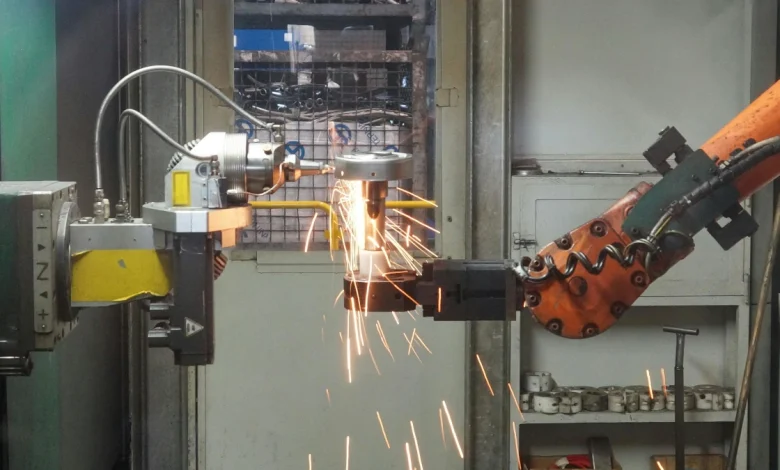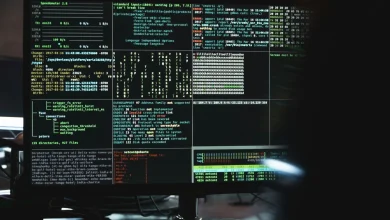
Information and Communication Technology (ICT) is reshaping the manufacturing world. Factories no longer rely solely on manual processes. Modern production systems use advanced software, robotics, and smart devices. ICT allows companies to increase productivity, reduce errors, and adapt quickly to market demands. This transformation is not just technological—it changes how people work and how businesses compete globally.
The Role of ICT in Modern Manufacturing
ICT provides tools for planning, monitoring, and controlling production processes. Systems like Manufacturing Execution Systems (MES) and Enterprise Resource Planning (ERP) enable managers to track operations in real time. Data collected from sensors and machines improves decision-making. Factories integrate ICT to optimize production lines, reduce downtime, and ensure consistent quality.
Automation and Robotics in Production
Automation uses ICT to control machines and equipment. Robotics performs repetitive or dangerous tasks faster than humans. This reduces human error and enhances safety. Companies can scale operations without compromising quality. Robots, guided by ICT systems, can adapt to changes in production schedules or product designs seamlessly.
Data and Cloud Solutions for Manufacturing
Also Read: Nano Banana in Gemini 2.5: Google’s Next-Level AI Image Editing Tool
Modern factories generate vast amounts of data. ICT systems collect, store, and analyze this information to improve efficiency. Cloud solutions allow remote access to production data, enabling managers to monitor factories worldwide. Predictive analytics helps forecast maintenance needs, avoiding costly downtime. Data-driven decisions improve productivity and reduce waste.
ICT in Quality Control and Supply Chain Management
ICT enhances quality control through sensors, cameras, and automated inspections. Defects are detected early, and corrective actions are applied immediately. Supply chain management benefits from real-time data exchange between suppliers, manufacturers, and distributors. ICT ensures materials arrive on time and inventory levels stay optimized. This reduces costs and strengthens reliability.
Industry 4.0—The Future of Manufacturing
Industry 4.0 represents the integration of ICT, IoT, AI, and robotics in factories. Smart factories use interconnected devices to communicate and make decisions. Machines can self-correct, predict failures, and adapt to new tasks. ICT enables factories to become more flexible, responsive, and environmentally friendly. This trend is accelerating global competitiveness.
Final Thoughts
ICT is no longer optional in manufacturing. It drives productivity, efficiency, and innovation. Companies that adopt ICT technologies gain a competitive edge. The future belongs to factories that integrate smart solutions, data analytics, and automation. Understanding ICT in manufacturing is essential for professionals, engineers, and anyone interested in technology-driven industries.
Also Read: SpaceX’s Starship Flight 10: A New Era of Space Exploration
Frequently Asked Questions
ICT in manufacturing involves using technology like computers, sensors, software, and networks to manage and improve production processes.
ICT reduces errors, speeds up processes, and provides real-time data. This allows companies to optimize production and minimize waste.
Examples include ERP systems, MES, robotics, IoT sensors, cloud storage, and data analytics platforms.








